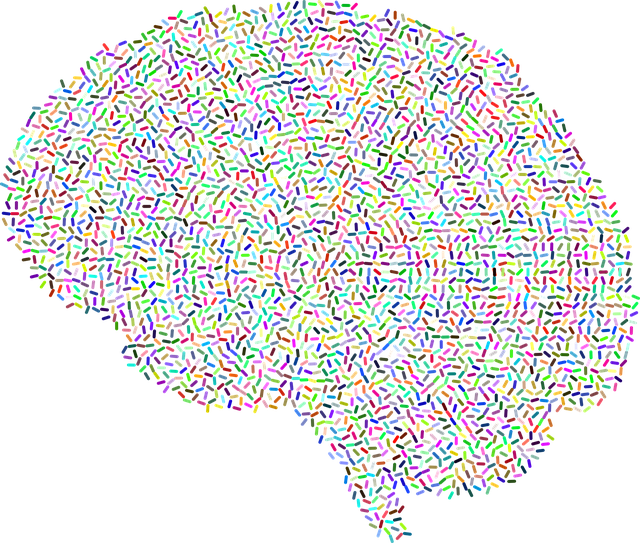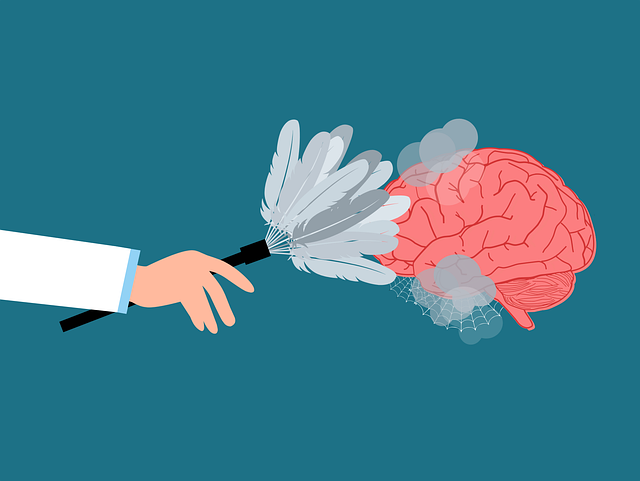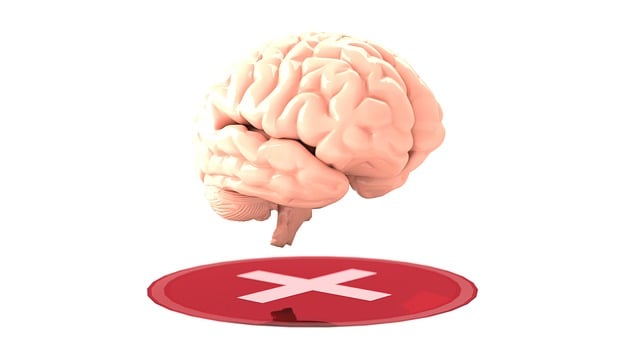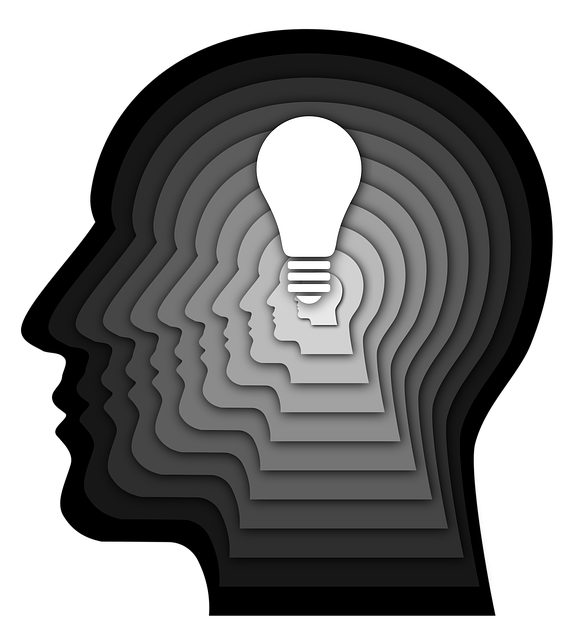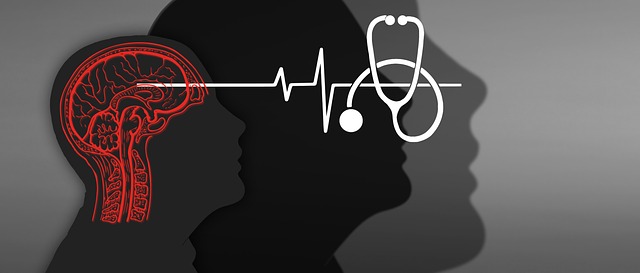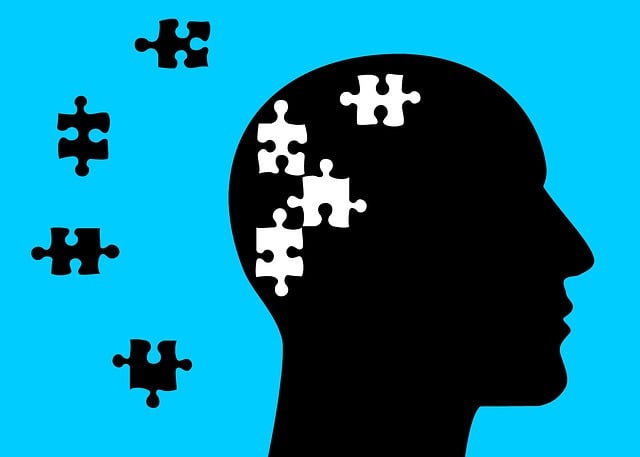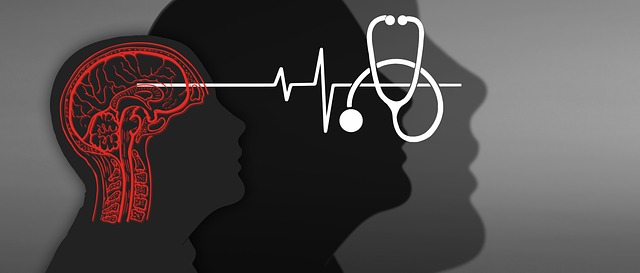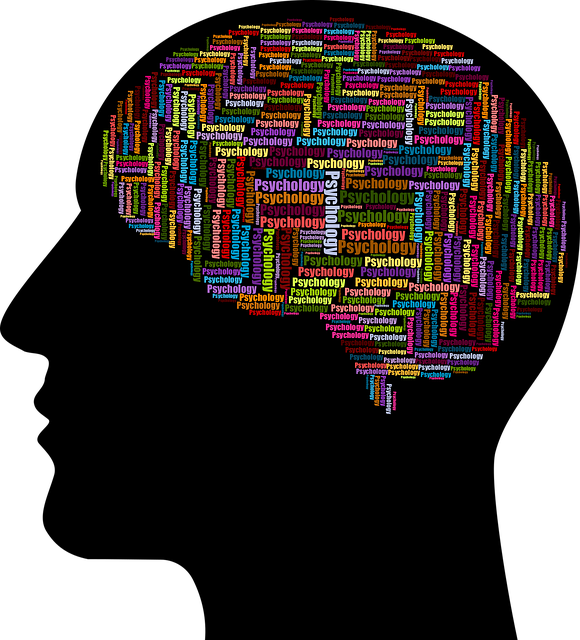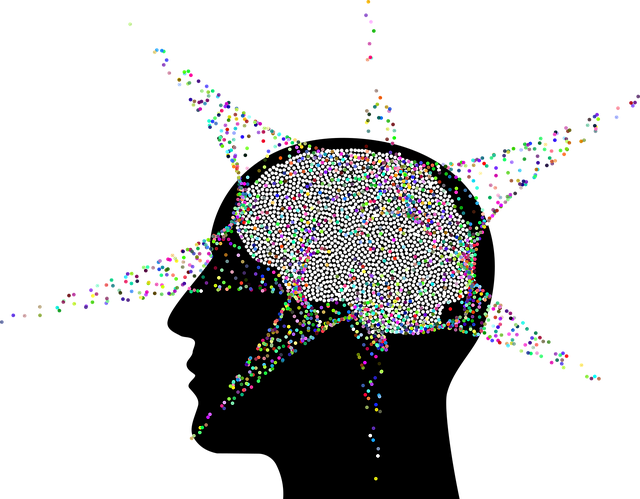Lakewood Blended Families Therapy offers sophisticated mental health diagnoses by combining clinical interviews, neuroimaging, and holistic assessments tailored to individual clients' histories and biological factors. Their evidence-based approach, focusing on family dynamics, improves self-esteem and communication in blended families, addressing complex diagnosis challenges. Advanced training for therapists equips them with tools like depression prevention strategies and subtle sign recognition, ensuring accurate diagnoses for personalized treatment plans.
Mental illness diagnoses, though crucial for effective treatment, can be intricate and challenging. This article explores efforts to enhance diagnosis accuracy, delving into the complexities of mental health assessments. We examine the role of innovative approaches like Lakewood Blended Families Therapy in providing more precise evaluations. Additionally, we discuss strategies to overcome stigma, address misconceptions, and emphasize the importance of education and training for improved mental health support and accurate diagnoses.
- Understanding Mental Health Diagnoses and Their Complexities
- The Role of Lakewood Blended Families Therapy in Accurate Assessment
- Innovative Approaches to Enhance Diagnostic Accuracy
- Overcoming Challenges: Addressing Stigma and Misconceptions
- Training and Education for Improved Diagnosis and Support
Understanding Mental Health Diagnoses and Their Complexities

Mental health diagnoses are intricate and multifaceted, requiring a nuanced understanding from therapists and healthcare providers. The human mind is a complex landscape, and mental illnesses can manifest in varying ways, making accurate diagnosis a challenging yet crucial task. Each individual’s experience is unique, influenced by their personal history, environmental factors, and biological predispositions. This complexity demands a comprehensive approach to assessment, where various methods, including clinical interviews, psychological evaluations, and sometimes advanced neuroimaging techniques, are employed to gain a holistic view of an individual’s mental health.
At Lakewood Blended Families Therapy, we recognize that navigating mental health diagnoses is a delicate process. Our therapists are dedicated to providing accurate assessments, tailored treatment plans, and supportive environments for clients facing various challenges. By integrating Self-Care Practices and Burnout Prevention Strategies for Healthcare Providers, we foster an atmosphere that not only aids in diagnosis but also facilitates Emotional Healing Processes, ensuring individuals receive the comprehensive care they deserve.
The Role of Lakewood Blended Families Therapy in Accurate Assessment

Lakewood Blended Families Therapy plays a pivotal role in enhancing mental illness diagnosis accuracy. This therapeutic approach recognizes the complexities of modern family structures and offers a comprehensive framework to assess and address psychological concerns within these unique contexts. By integrating various evidence-based techniques, therapists can gain a deeper understanding of an individual’s experiences, behaviors, and interactions with their blended family dynamics. This holistic view facilitates more precise diagnoses, tailored interventions, and ultimately, improved mental wellness outcomes.
The program’s effectiveness lies in its ability to foster self-esteem improvement and create safe spaces for open communication. Through the Mental Wellness Podcast Series Production, Lakewood Blended Families Therapy shares insights that empower individuals and families to navigate challenges. Moreover, it emphasizes the crucial risk assessment practices for mental health professionals, ensuring they are equipped to handle the nuanced needs of blended family members.
Innovative Approaches to Enhance Diagnostic Accuracy

In recent years, efforts to enhance mental illness diagnosis accuracy have taken a multifaceted approach, leveraging innovative strategies that combine traditional therapeutic methods with modern tools and techniques. One such example is the integration of digital health solutions, which include online assessments and teletherapy sessions, allowing for more accessible and comprehensive evaluations. These advancements are particularly beneficial for diverse populations like Lakewood blended families, where multiple perspectives and unique dynamics can complicate diagnosis.
Moreover, the rise of mindfulness meditation and self-esteem improvement programs has shown promise in not only enhancing overall mental health awareness but also aiding in accurate diagnosis by promoting better self-reporting and insight. By fostering a deeper understanding of their emotional states, individuals become more adept at articulating their experiences, which can significantly contribute to diagnostic accuracy. Such initiatives, when coupled with evidence-based practices, have the potential to revolutionize mental healthcare, ensuring that everyone receives timely and precise diagnoses, ultimately leading to more effective treatment plans for all.
Overcoming Challenges: Addressing Stigma and Misconceptions

Overcoming challenges related to mental illness diagnosis accuracy requires addressing deeply rooted stigma and misconceptions that often hinder effective care. In many communities, including those in Lakewood, blended families face unique pressures that can contribute to elevated stress levels and mental health concerns among its members. The societal stigma surrounding mental illness can make individuals hesitant to seek help or openly discuss their struggles, leading to delayed diagnosis and treatment. This creates a complex web of challenges for therapists and healthcare providers working with diverse families.
Efforts to improve diagnosis accuracy must therefore include initiatives aimed at raising Mental Health Awareness and promoting Self-Care Routine Development for Better Mental Health. Additionally, Social Skills Training can be instrumental in fostering healthier communication within blended families, encouraging open dialogue about mental health concerns, and ultimately improving the overall well-being of all family members. By combining these strategies, Lakewood Blended Families Therapy can play a crucial role in navigating these challenges and providing much-needed support to families navigating complex emotional landscapes.
Training and Education for Improved Diagnosis and Support

Mental health professionals play a pivotal role in improving diagnosis accuracy, especially when it comes to complex conditions affecting blended families. The field of Lakewood Blended Families Therapy highlights this need for advanced training and education. By equipping therapists with comprehensive knowledge, they can better identify and address mental health issues within these unique family structures. This involves ongoing professional development to stay updated on the latest research and practices related to depression prevention, anxiety relief, and communication strategies tailored to blended families’ challenges.
Such specialized training enables therapists to recognize subtle signs of distress and differentiate between various mental health disorders. It empowers them to provide more effective support, ensuring that individuals and families receive accurate diagnoses and personalized treatment plans. Through these educational efforts, the overall goal is to enhance the accuracy and timeliness of mental illness diagnosis, fostering better outcomes for those navigating the complexities of blended family dynamics.
Mental illness diagnosis accuracy has long been a complex issue, but with efforts from innovative practices like Lakewood Blended Families Therapy, significant strides are being made. By combining traditional assessment methods with modern therapeutic techniques, these approaches ensure a more nuanced understanding of mental health conditions. Overcoming stigma and providing comprehensive education are crucial components in this journey. Continued training and the adoption of advanced strategies will further enhance diagnostic accuracy, leading to improved patient outcomes and supportive care.

